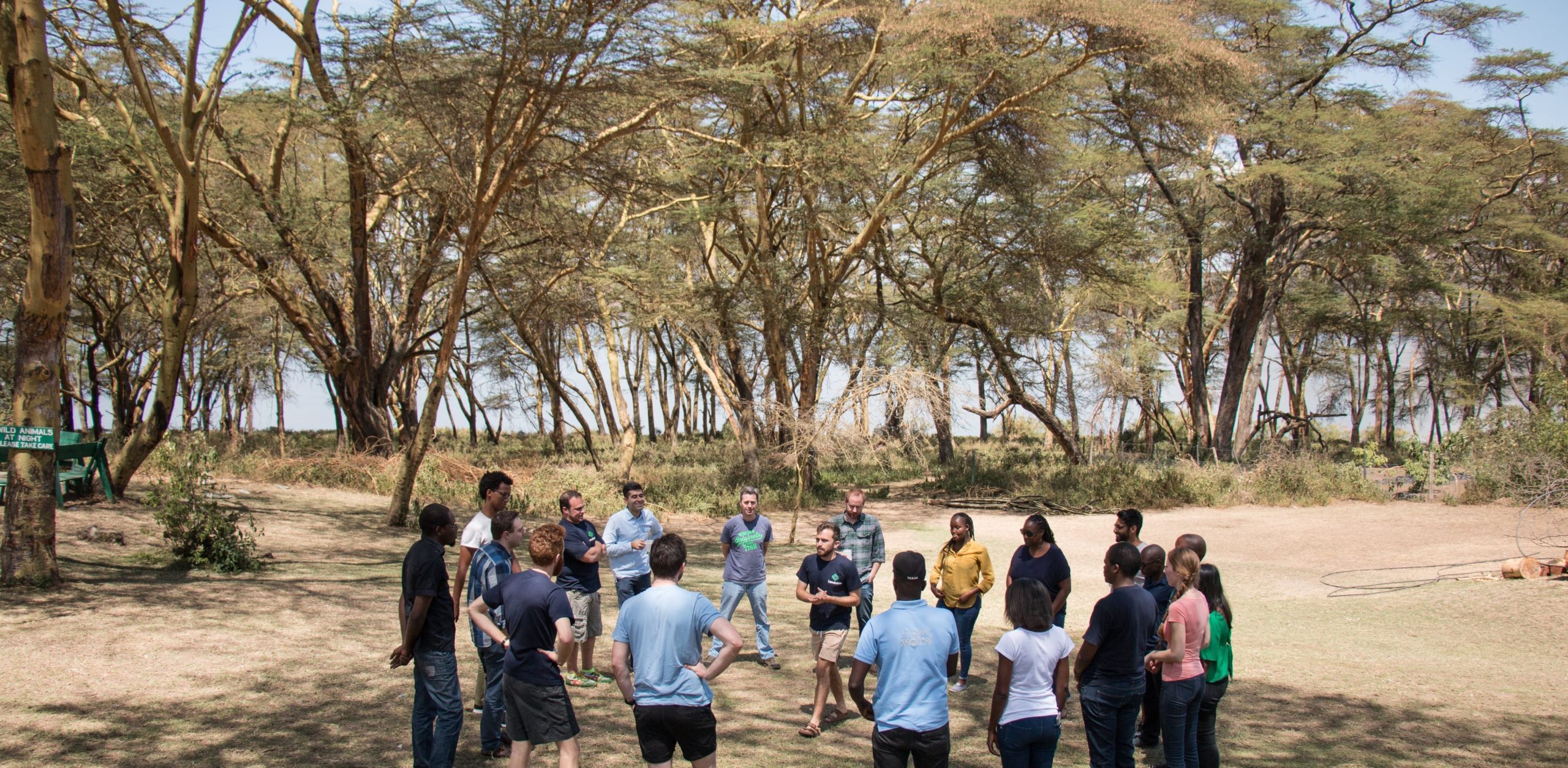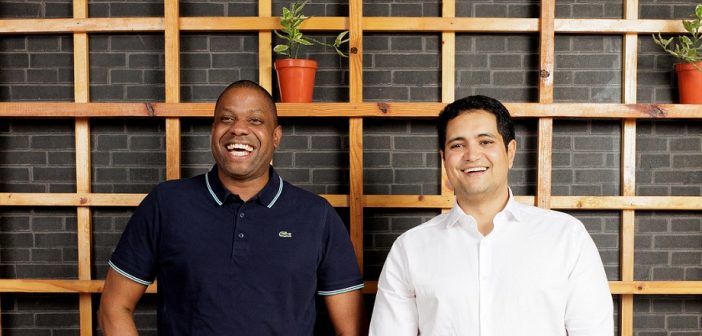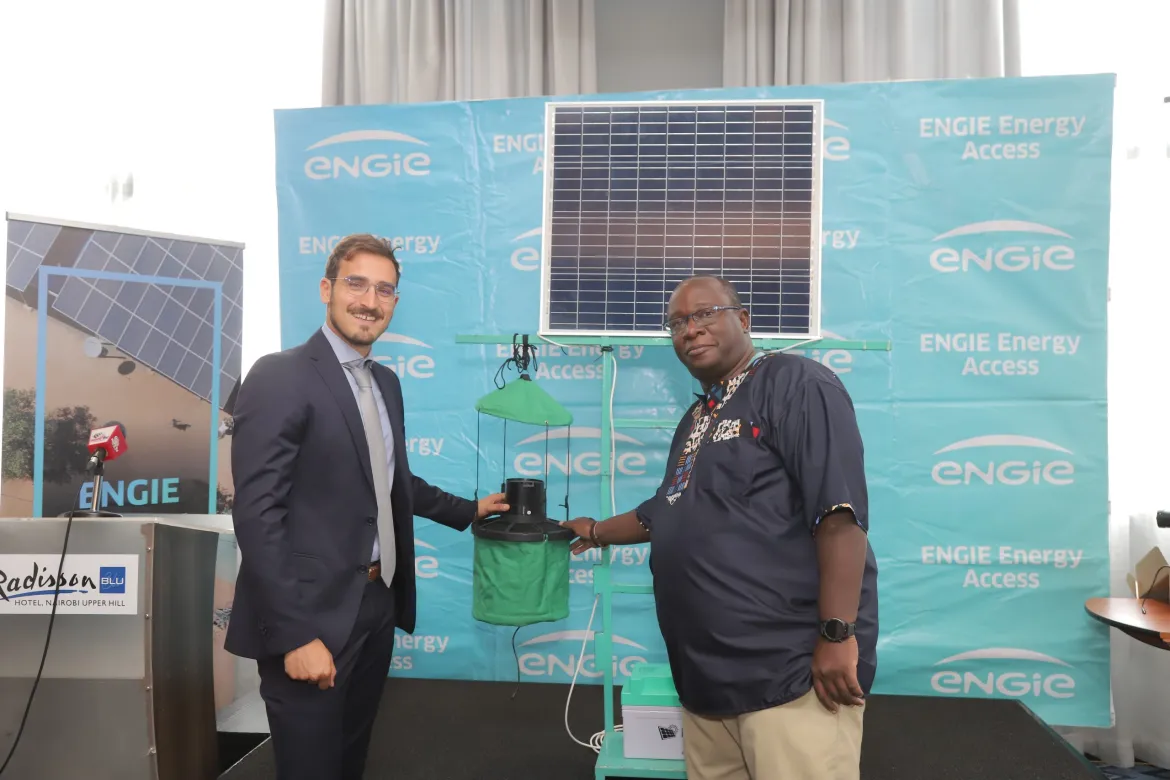How UK-based debt financing company, Lendable, is providing equity-free financing for African startups

For most startup founders looking to raise money, the obvious choice is equity financing. However, there is another option – debt financing. Equity financing requires that founders give away shares in their business in exchange for capital.
Debt financing allows founders to raise money by selling debt instruments to individuals or investors, and this money is then paid back at an agreed-upon date with interest.
So far, few African startups have raised money this way, with fintech startups Carbon, FairMoney, and mobility startup, MAX.ng some examples. During the week, we had a chat with Hani Ibrahim, the Chief Investment Officer of Lendable, a UK-based debt financing company, to learn how the company invests.
After studying and working in the UK across various corporate finance and investment banking roles, Ibrahim moved to the Middle East. He spent five years working in Dubai and Qatar.
In 2019, he moved to the UK and soon took up his current position at Lendable. Founded by Dyland Friend and Daniel Goldman, the firm provides credit facilities for non-bank lenders in frontier and emerging markets.
Initially a Software as a Service (SaaS) company, Lendable provided an analytics platform to analyse loans. Soon after, they added an investment arm and have provided over $100 million to startups across Africa, Asia, and the Middle East.
Investment thesis

When choosing startups to invest in, Lendable focuses on startups providing credit facilities in frontier or emerging markets across Africa, Asia, and Latin America.
“The investment thesis is that we target emerging markets, particularly Africa, Asia, and Latin America. But we do look at the wider emerging markets with a focus on the FinTech space. We also target businesses that promote and provide products to those that have found or typically find it difficult to access financial services.”
A key thing to note is that Lendable does not invest in companies at the idea stage. Instead, they invest in startups with a proven product but need capital to get to the next level. The firm provides these startups with money that is repaid over some time.
On average, these companies receive debt financing between five and ten million dollars.
Fintech startups are not the only ones who receive funding from Lendable. Ibrahim reveals that any tech-driven startup providing a financing option fits their investment criteria. However, companies in sectors that they believe have harmful, or no impact on their markets are excluded from their target market.
“What we’re really interested in is supporting micro and small businesses across the African continent,” he says.
Things startups should avoid
Ibrahim pointed out that while startups are usually focused on rolling out new products and hiring new staff, they must watch their finances, precisely how and where they are getting their capital.
“One thing that they should make sure that they spend time over is to think about their financing. How are they actually getting their capital? Where are they getting their capital from, and in what format?
“Do they have the right mix of capital? Are they thinking about the risks of the different types of capital and the costs and drawbacks and the different types of capital”
Biggest success stories
Having provided financing for several companies, Ibrahim is particularly proud of Watu Credit, a boda boda financing startup. In the five years since their launch in Kenya, the company has expanded its reach into Uganda and Nigeria.
“They were a smaller business, and we supported them with a small facility at the time. They are at least in Kenya, but most probably in East Africa, seen as the market leader for leasing motorcycle taxis in their space.
“To reach a market leadership position in five years is an incredible achievement for their team. But we’re also very proud to have played our part in supporting that.”
On missed opportunities and regrets
With fintech the darling of investors across the world, Lendable sees a lot of pitches from startups, so I asked Ibrahim about missed opportunities and possible regrets. “I think there are certainly opportunities that we’ve missed. Because there is so much going on in the space, we can’t do everything.
“What I would say is that I would love to do more across different markets in Africa. You know, each market has its own specific ways of doing a transaction. So we’re working through each market, and I’m filtering through them to see where we can do transactions.”
Ibrahim discloses that when investments have not gone according to plan, they work with the management team to find solutions. He says that both parties work together to develop a solution that is a win for both parties.







